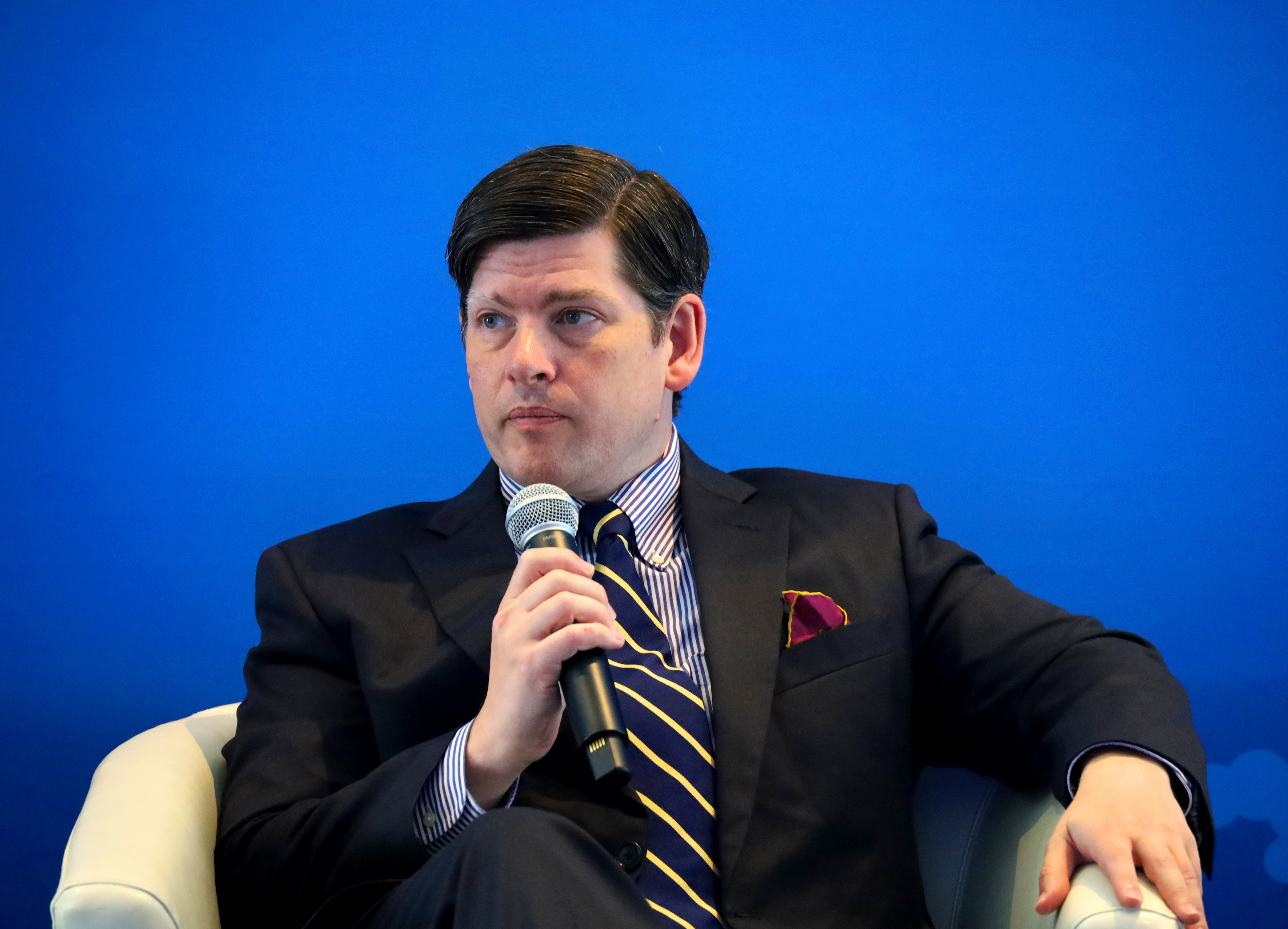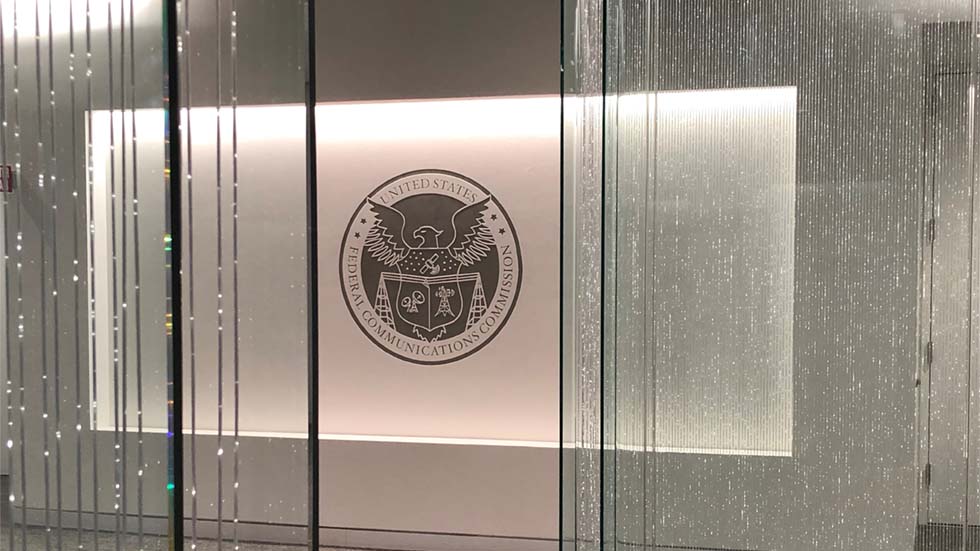FCC Commissioner Simington: FCC's “Uneven Hand” in Media Regulation Harms Consumers
Simington said current rules harm consumers and urged the FCC to “balance the scale” between the way streaming and traditional pay TV services are treated

WASHINGTON, D.C.—FCC Commissioner Nathan Simington has issued a statement criticizing the way the FCC currently regulates traditional linear TV and streaming services, arguing that the current rules “entrenches marketplace power at the expense of the consumer." He contends the FCC exerts an “uneven hand” in the media landscape with hefty “legacy rules for some, and close to zero rules for others.”
“As the Disney / DirecTV distribution negotiation drags on, it is a moment to recognize a few truths,” Simington wrote. “One: about a third of linear network content distributed in the United States is now delivered by over the top, streaming platforms. Two: there is zero harmonization, whether in our rules or in industry practice, between network video content distribution over traditional linear MVPDs versus over the top, streaming MVPDs. Three: as is so often the case in major disputes between networks and distributors, independently owned and operated affiliates and station groups are left behind, powerless to distribute content to consumers in the way they prefer to consume it.”
“The linear media marketplace is governed by a two-tiered system of rules—legacy rules for some, and close to zero rules for others,” he concluded. “We must balance the scales. A future Commission should take seriously the question of its own uneven hand in the media marketplace. We must either unleash the video marketplace from outdated rules or balance it with smart and targeted reforms, but what cannot persist is a system that entrenches marketplace power at the expense of the consumer.”
Simington didn’t directly discuss how the FCC should address the DirecTV/Disney carriage dispute that continues to blackout Disney’s ESPN, Disney-owned stations and other Disney networks for DirecTV satellite and streaming customers. But DirecTV did issue a statement praising the statement and calling for reform of regulations governing TV and video markets.
DirecTV has filed a complaint with the FCC regarding Disney’s negotiating tactics.
The FCC has been exploring ways to address blackouts over carriage disputes.
This summer, the FCC said it is is seeking public comment on whether the commission should require cable and satellite pay-TV providers to refund subscribers who face programming blackouts on their cable or satellite television subscription.
Get the TV Tech Newsletter
The professional video industry's #1 source for news, trends and product and tech information. Sign up below.
In its “Customer Rebates for Undelivered Video Programming During Blackouts” NPRM, the FCC took note of the increasing rate of local TV station blackouts between station groups and pay-TV providers. The release of the NPRM was the second of two proposals targeting blackouts FCC Chairwoman Jessica Rosenworcel previewed last fall; the first proposal targeting reporting rules for blackouts was dropped late last year.
But there is little agreement in the TV industry how the unequal treatment of streaming media and traditional TV can be addressed. Station group owners would like to see some players subject to increased regulations by having virtual MVPDs like Sling TV reclassified so they operate under the same rules as traditional MVPDs like Charter. This would allow stations to directly negotiate with vMVPDs for retrans fees and, they say, increase the funding for local news.
That proposal is opposed by broadcast networks and their owners who currently handle those negotiations.
George Winslow is the senior content producer for TV Tech. He has written about the television, media and technology industries for nearly 30 years for such publications as Broadcasting & Cable, Multichannel News and TV Tech. Over the years, he has edited a number of magazines, including Multichannel News International and World Screen, and moderated panels at such major industry events as NAB and MIP TV. He has published two books and dozens of encyclopedia articles on such subjects as the media, New York City history and economics.

